Why Does a Water Well Need to be Disinfected?
Pollution or faulty installations can lead to well water becoming infected with harmful microorganisms, making drinking dangerous.
Water sanitation is a crucial concern for homeowners using wells. Pollution or faulty installations can lead to well water becoming infected with harmful microorganisms, making drinking dangerous. A contaminated well is a serious issue, so owners should never DIY water treatments. Instead, they should contact a professional for proper well water disinfection.
Here's an overview of well water disinfectants.
What are the microorganisms that can infect well water?
Most professionals design and construct wells so they're resistant to microorganisms that can infect water through pollution. However, a poorly made well can let in certain coliform bacteria. These can usually be found in surrounding vegetation, soil, and even the digestive tracks of certain animals. The good news is that some bacteria are harmless.
However, certain strains of coliform bacteria, like E. coli, are exceptionally dangerous. They can even be fatal once consumed, so proper well-water sanitation is a serious matter. Professionals will perform routine checks on a well and employ specialized methods to eliminate the presence of harmful pathogens.
Private wells do not receive regular government inspections, so homeowners must contact professionals independently to solve any well water safety concerns. Regular inspections, disinfection, and tests will help rid the well water of sanitary issues and bacteria that could harm well users.
When should homeowners disinfect their wells?
While routine checkups are necessary, certain well construction and maintenance phases call for immediate disinfection. Homeowners should disinfect their wells as soon as they're constructed, ensuring that the water is safe to drink and does not contain bacteria.
Frequently, professionals will need to open up a well to service it. Even short exposure periods can lead to water contamination. This is why most professional well services will test the water for bacteria once finished repairing a well.
Breakages can also lead to infections as casings and caps might become undone, crack open, or degrade, leaving well parts open for microorganisms.
How professionals disinfect wells
Professionals will disinfect the wells with various NSF-approved (National Sanitation Foundation) chlorine compounds. These chemicals are certified for disinfection and drinking water and can vary depending on the specific sanitary issue. Under no circumstances should homeowners attempt to use bleach or other household compounds for the disinfection process, as they could potentially be harmful.
Who should disinfect water wells?
Disinfecting a well is a specialized process that requires knowledge and technical expertise. Professionals will use advanced equipment to avoid damaging the well while protecting the water. Homeowners should not attempt to conduct disinfection alone as they can easily disrupt the water's chemical balance. This leads to ineffective disinfection or additional safety hazards due to chemical excess.
Get professional assistance
Well water treatment is a delicate process. The NGWA (National Groundwater Association) recommends that homeowners contact qualified water well professionals. They can inspect the potential contamination, test it, and then conduct disinfection safely and effectively.
Pump Repair Services provides residential and commercial pump repair services for water well pumps, water feature pumps, transfer pumps, industrial irrigation pumps, and more, as well as custom water filtration services in the Orlando area. (Sorry, no pool pumps or sewer pumps.) We offer 24-hour emergency service. Call us at (407) 625-5499.

